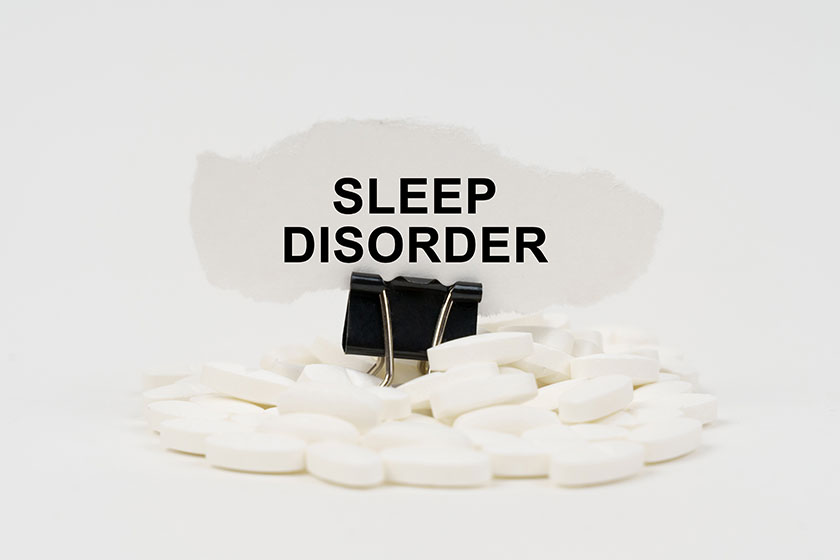As we get older, our sleep patterns may change. Many people think that we need less sleep as we age or that it’s normal to expect a poorer quality of sleep. However, this is far from the truth as Insufficient sleep may cause health conditions, especially in older adults.
If you notice that your loved one feels tired and doesn’t have the energy most of the time during the day or that they struggle to fall asleep despite the use of sleep remedies, it may suggest that your loved one may have sleep apnea. If you suspect that your loved one may have sleep apnea, here are some of the common signs of sleep apnea.
There are two types of sleep apnea – obstructive sleep apnea and central sleep apnea. The former is caused by a blockage in the airway, while the latter is due to an issue with the brain carrying messages back and forth to the respiratory muscles.
Gasping for Air or Loud Snoring
Sleep apnea is a breathing sleep disorder that reduces airflow during sleep, resulting in the individual taking shallow breaths or not breathing at all. The easiest way to find out whether your loved one may be suffering from sleep apnea is to sleep next to them as common signs include breathing pauses, gasping for air, or loud snoring.
Excessive Sleepiness and Fatigue in the Daytime
Another common symptom of sleep apnea is excessive sleepiness and fatigue in the daytime. If you notice that your loved one is waking up tired even after a full night’s sleep of 8 to 9 hours, then your loved one may have sleep apnea. You may also notice that your loved one appears more fatigued and exhausted during the day and generally has a lack of energy to do their daily activities and tasks. They may also tend to have a headache upon awakening.
Waking Up Frequently During the Night For No Reason and Needing Frequent Naps
One of the most common symptoms of sleep apnea is waking up frequently during the night for no apparent reason or waking up to use the bathroom many times during the night. Your loved one may feel anxious about sleeping and may tend to wake up a few times in the night may be a sign that their body is trying to tell them that there’s something wrong. As a result of poor quality of sleep at night, you may find that your loved one needs frequent naps during the day.
Problems with Memory and Concentration
As a result of not having a good night’s rest the previous night, your loved one may have problems with their memory such as not being able to remember what they’re supposed to do or not being able to remember certain details. They may also face issues with concentrating when doing a certain task or activity.
Feeling More Agitated or Short-tempered
Finally, if you find that your loved one is feeling more agitated or cranky, and gets more short-tempered than normal, it may also be another sign of sleep apnea due to the lack of sleep that your loved one gets. Poor quality and insufficient sleep can cause an individual to easily get more annoyed at things.







